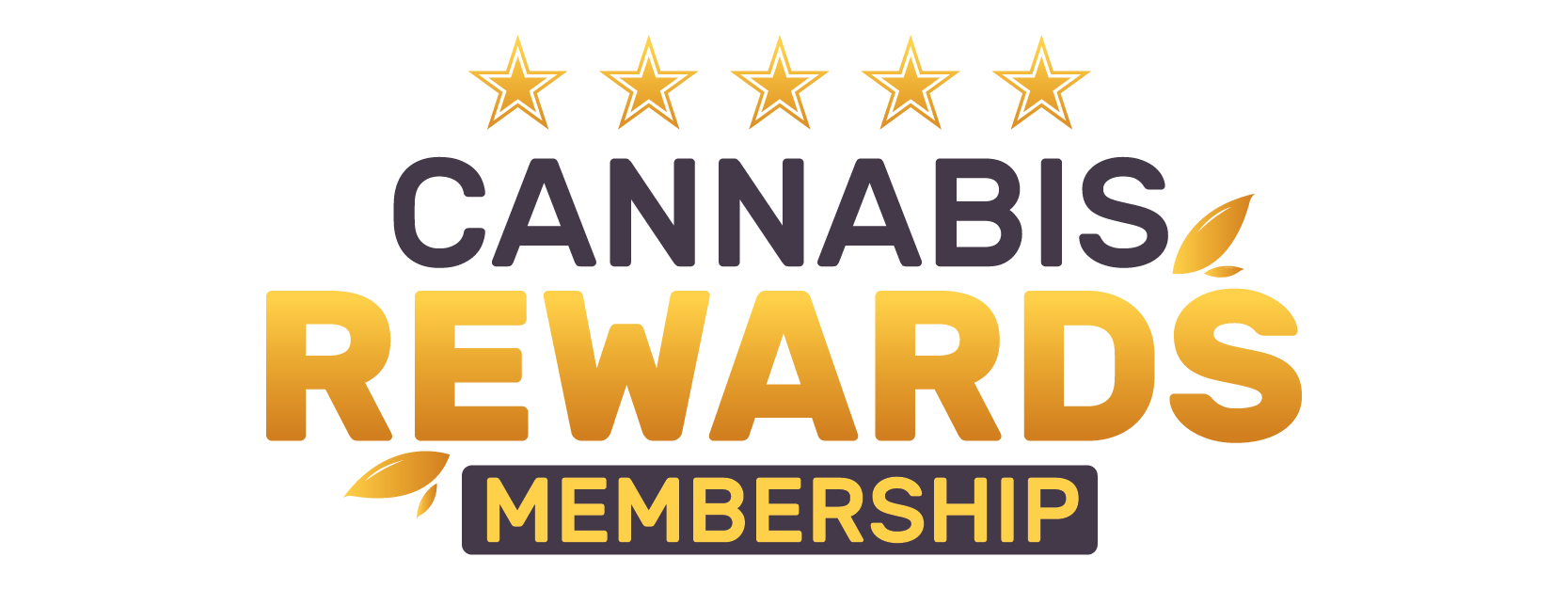For cannabis retailers and brands aiming to engage customers, loyalty apps have become an indispensable tool. But a critical decision often stands in the way of launching or upgrading a loyalty program: should you choose a white-label, off-the-shelf loyalty app or invest in a fully custom-built solution? Each path has distinct advantages and trade-offs, and the best choice depends on your goals, budget, and long-term strategy.
White-Label Loyalty Apps: Fast, Affordable, but Limited
White-label loyalty apps offer pre-built platforms cannabis businesses can brand as their own with logos, colors, and basic customizations. Providers like springbig, Alpine IQ, and others offer turnkey loyalty systems designed specifically for cannabis compliance and integrations with popular POS systems.
The main benefit of white-label solutions is speed to market. Retailers can launch a professional, fully functional app within weeks rather than months, which is critical in a fast-moving industry where new competitors and shifting regulations can quickly change the landscape. Costs are typically much lower upfront, and pricing often follows a subscription model that reduces capital expenditures.
Additionally, white-label platforms are maintained by experienced vendors who handle security updates, compliance features, and ongoing feature improvements—saving internal teams time and effort.
However, there are notable downsides. Customization is limited to what the vendor offers; unique workflows or innovative features outside the standard toolkit are rarely supported. Competing retailers using the same platform may offer nearly identical experiences, which can dilute brand differentiation. Integrating with proprietary in-house systems or non-standard marketing tools can also be challenging or outright impossible.
Custom-Built Apps: Total Control, High Costs, Long Timelines
Building a proprietary loyalty app gives cannabis brands full control over user experience, features, and technology stack. Brands can integrate exclusive rewards mechanisms, gamification, social features, or predictive analytics to deliver a distinctive, on-brand customer journey. A custom build can also allow seamless data integration with internal CRM, ERP, or advanced analytics platforms.
For multi-state operators or brands seeking a unique edge, custom apps can become a powerful marketing and retention tool tailored to each market’s nuances. By owning every line of code, companies are not beholden to vendor roadmaps or price hikes.
But the investment is substantial. Custom development projects often exceed six figures, not including ongoing maintenance and updates. Development timelines can stretch for many months—sometimes a year or more—before launch, during which market conditions or regulations may shift. Internal or contracted technical teams must handle ongoing compliance updates for each state, security vulnerabilities, and OS changes, creating continuous demands on budget and resources.
Moreover, without experienced cannabis tech partners, custom apps can miss critical compliance requirements such as age-gating, HIPAA considerations for patient data, or integrations with state-mandated tracking systems like Metrc.
Which is Right for You?
White-label loyalty apps make sense for most cannabis retailers seeking a low-risk, cost-effective, and rapid deployment option with built-in compliance support. They provide a solid foundation for brands focused on operational efficiency over unique user experiences.
Custom builds are better suited for well-funded brands or MSOs determined to stand apart with exclusive features or complex integrations that require control beyond what standard platforms offer. For these operators, the investment can yield a competitive advantage—if they have the technical resources and patience to see it through.
Ultimately, the choice hinges on your strategic priorities: is your goal to get to market quickly and reliably with proven features, or to invest in a unique digital experience that becomes a long-term asset? Cannabis brands should carefully weigh these considerations before committing to either path—because in a competitive market, how you connect with customers can make all the difference.
